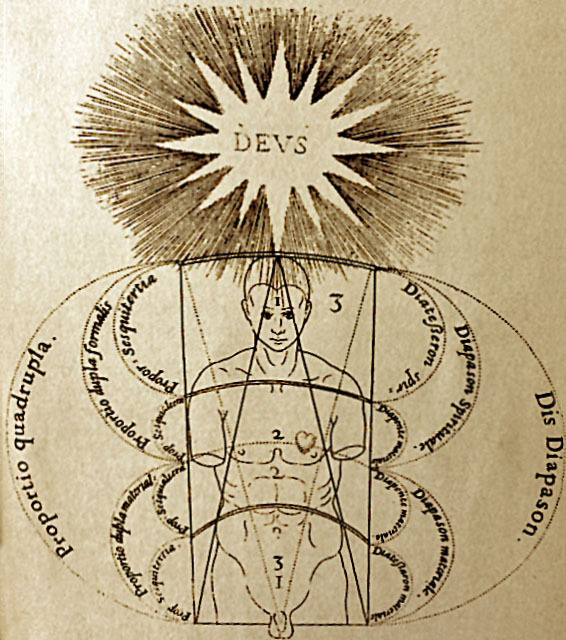Organized by
Centro Studi Opera Omnia Luigi Boccherini, Lucca
Istituto Italiano di Musica Antica
Italian Institute for Applied Musicology
Palma Choralis® Research Group
International Conference
8-10 December 2023
Please wait while flipbook is loading. For more related info, FAQs and issues please refer to DearFlip WordPress Flipbook Plugin Help documentation.
Keynote Speakers:
- Arnie Cox (Oberlin College & Conservatory, OH)
- Rolf Inge Godøy (University of Oslo)


